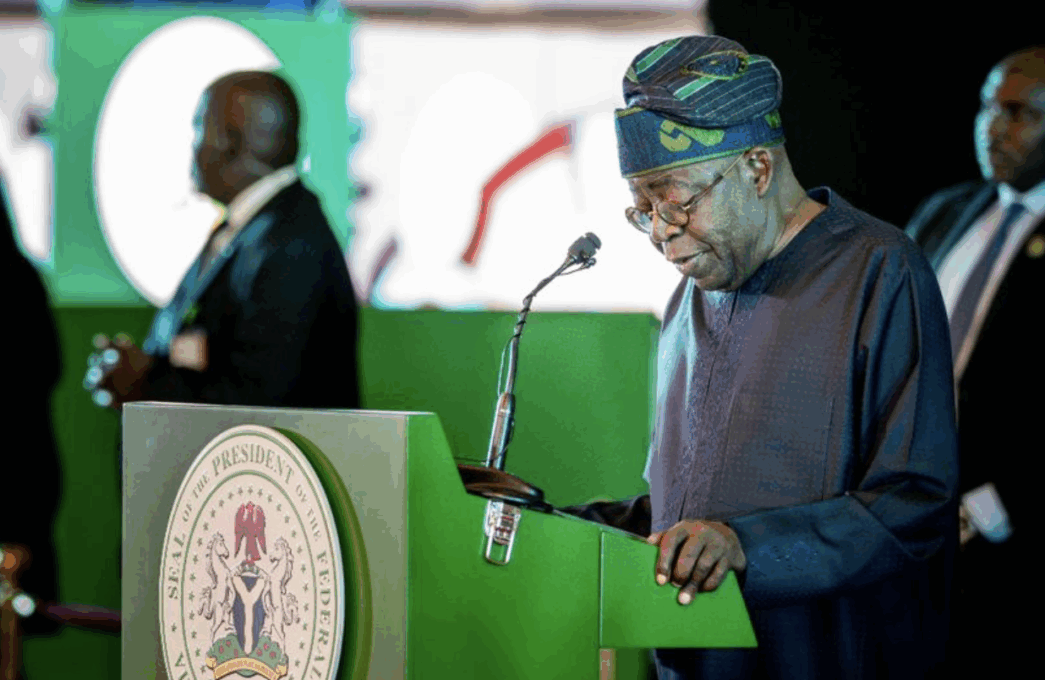When the Financial Action Task Force (FATF) placed Nigeria on its grey list in February 2023, it laid bare the cracks in the country’s defences against money laundering, terrorist financing, and illicit financial flows. The designation — officially known as “jurisdiction under increased monitoring” — sent a clear message to the global financial community: Nigeria had serious gaps in its regulatory and compliance systems.
The consequences were immediate. International banks and investors became cautious, subjecting Nigerian transactions to stricter scrutiny and higher compliance costs. Foreign direct investment slowed, correspondent banking relationships weakened, and Nigeria’s reputation within the global financial system took a hit.
Two years later, that story has changed dramatically — and in ways few anticipated. On the 24th of October 2025, the FATF announced Nigeria’s removal from the grey list, marking not just a regulatory milestone but a powerful vote of confidence in the country’s financial integrity and reform trajectory. More importantly, it validates the Tinubu administration’s economic and monetary reform agenda, proving that Nigeria is moving decisively toward transparency, accountability, and global best practices.
This turnaround was no accident. It is the result of deliberate, coordinated policy action led by the Nigerian Financial Intelligence Unit (NFIU), the Minister of Justice/Attorney General of the Federation the Central Bank of Nigeria (CBN), and the Economic and Financial Crimes Commission (EFCC) — all operating under a reform-driven administration determined to restore investor trust and reposition Nigeria as a credible global partner.
Advertisement
Restoring Trust and Credibility in Nigeria’s Financial System
FATF’s decision is a global endorsement of Nigeria’s work to strengthen its anti-money laundering (AML) and counter-terrorist financing (CFT) systems. Over the past two years, Nigerian institutions have closed regulatory gaps, enhanced beneficial ownership transparency, and improved the sharing of financial intelligence.
A major shift in confidence came with the arrival of Central Bank Governor Olayemi Cardoso. When he assumed the helm in September 2023, Cardoso knew credibility was Nigeria’s most valuable currency. From his first days in office, he made integrity and compliance the cornerstones of financial reform. He moved quietly but decisively — tightening oversight, enforcing stricter AML and CFT standards, and ensuring banks that flouted regulations faced real consequences.
Advertisement
“We have to rebuild credibility from within,” Cardoso often emphasized in his public remarks. The results soon spoke for themselves. Confidence began to return, regulators aligned, and Nigeria’s commitment to global financial standards became unmistakable. By the time FATF announced Nigeria’s removal from the grey list, it was clear that Cardoso’s reforms had not only solved a technical problem — they had helped repair the country’s reputation in the eyes of the world.
A Tailwind for Tinubu’s Tough Monetary Reforms
President Tinubu’s most challenging reforms have been in the monetary sector — from the unification of foreign exchange rates and the removal of multiple FX windows to the transition toward a market-reflective naira. These moves, though necessary, initially triggered turbulence: capital flight, inflationary pressure, and a temporary erosion of public confidence.
The FATF delisting helps steady the ship. It reassures international investors and domestic stakeholders that Nigeria’s financial environment is now more transparent, less risky, and globally compliant. This restored credibility encourages foreign exchange inflows, improves liquidity, and supports naira stabilization — all critical ingredients in restoring macroeconomic balance.
Advertisement
For a government working to reduce exchange rate volatility and attract diaspora remittances through formal channels, the timing could not be better. And for President Tinubu, the FATF exit is more than a technical achievement — it’s political capital, lending credibility to his economic reform agenda at a time when results are beginning to show.
*Lowering Risk and Strengthening Market Confidence*
Foreign investors often view the FATF grey list as a warning sign — a marker of weak oversight and exposure to illicit financial risks. Nigeria’s removal from the list effectively lowers its risk premium, giving multinational corporations, private equity funds, and development partners greater confidence to engage.
In practical terms, this translates into cheaper capital, increased foreign direct investment (FDI), and stronger appetite for portfolio investments in Nigerian debt and equities.
Advertisement
Combined with Finance Minister Wale Edun’s fiscal consolidation measures and Cardoso’s tighter monetary stance, the improved FATF standing could even prompt credit rating agencies to revise Nigeria’s outlook positively — easing borrowing costs and improving access to global capital markets.
Digital Finance and Fintech
Advertisement
An often-overlooked benefit of FATF compliance is its impact on fintech and digital finance.
Nigeria’s fast-growing digital payments ecosystem — from mobile wallets and e-commerce to blockchain innovation — thrives on global trust and interoperability. Exiting the grey list strengthens the country’s standing in cross-border transactions, correspondent banking, and international payment negotiations.
Advertisement
Fintech firms will now find it easier to attract venture capital and forge partnerships with global networks — a crucial boost to Nigeria’s digital economy ambitions.
But FATF compliance is not just about banking; it’s about governance. The reforms that led to Nigeria’s delisting required deep institutional collaboration across regulators, law enforcement, and policymakers. The resulting improvements in corporate transparency, beneficial ownership disclosure, and inter-agency coordination mark a quiet but decisive victory against systemic opacity.
Advertisement
These achievements align directly with President Tinubu’s anti-corruption and fiscal integrity agenda, reinforcing Nigeria’s reputation at a time when trust in public institutions remains fragile.
Internationally, Nigeria’s improved standing repositions it as a credible partner in combating illicit financial flows, asset recovery, and counter-terrorism cooperation — areas where reputation is as valuable as resources.
Broadening the Economic Impact
Nigeria’s exit from the FATF grey list should be seen as part of a broader economic recalibration — one that includes subsidy reforms, tax rationalization, fiscal decentralization, and efforts to expand the productive base of the economy.
The immediate effects will likely include lower transaction costs, faster remittance flows, and greater export competitiveness — particularly for Made-in-Nigeria goods under the African Continental Free Trade Area (AfCFTA). Over time, these benefits could compound, supporting the President’s vision of a billion dollar economy that is more resilient, diversified, and inclusive.
The challenge now is to sustain this credibility — through consistent enforcement, continued transparency, and disciplined reform — ensuring that Nigeria’s hard-won return to global financial respectability becomes permanent.
Oyalowo is the Executive Director of Finance and Administration at the Ogun-Osun River Basin Development Authority (O-ORBDA)*
Views expressed by contributors are strictly personal and not of TheCable.



